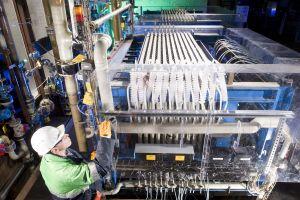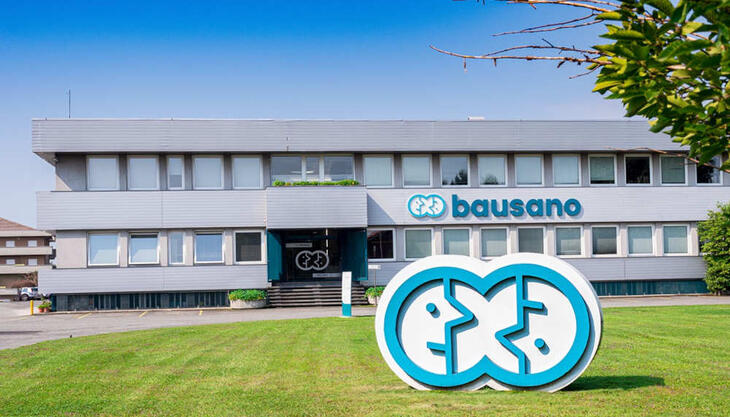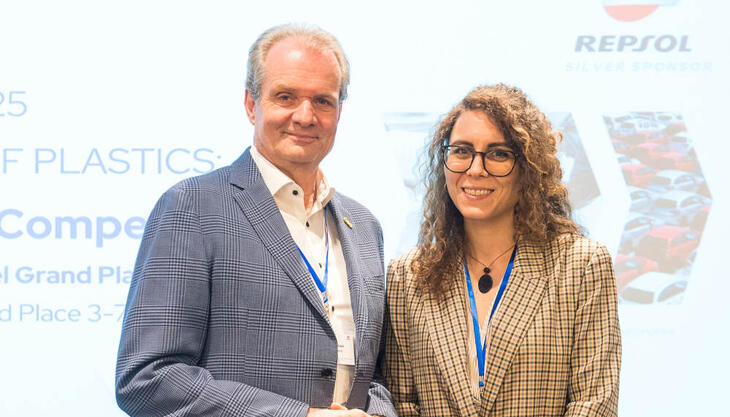
Bayer MaterialScience has signed a contract with Uhde to build a new plant for chlorine production based on common salt. The plant, which will have an annual capacity of 20,000 metric tons and be built at Chempark Krefeld-Uerdingen in Germany, is scheduled to start operating in the first half of 2011. It will be the first time that chlorine has been produced on an industrial scale using the innovative oxygen depolarized cathode specially developed by the multinational company in electrolysis cells from Uhdenhora, joint-venture between Udhe and the Italian company Industrie De Nora. Electricity consumption will be up to 30% lower than in standard membrane technology, resulting in an indirect reduction of up to 10,000 metric tons of carbon dioxide emissions each year. Bayer MaterialScience and Uhde initiated the project in cooperation with RWTH Aachen University, Clausthal University of Technology and Dortmund University. Electrochemical chlorine production is currently one of the most energy-intensive processes in the chemical industry. Large quantities of chlorine are used for the production of plastics in particular. Currently, chlorine is mainly produced using the membrane process. By feeding in gaseous oxygen, the new technology enables electrolysis to be performed at a lower voltage, which also reduces carbon dioxide emissions.
























